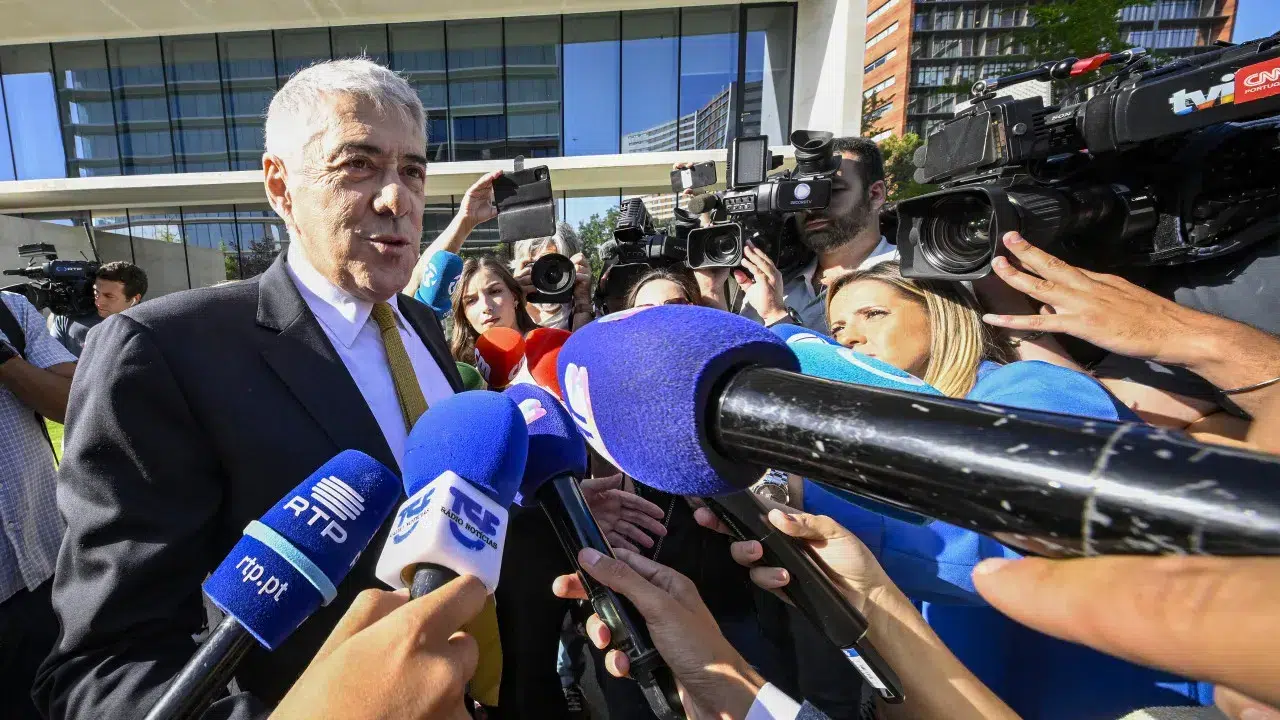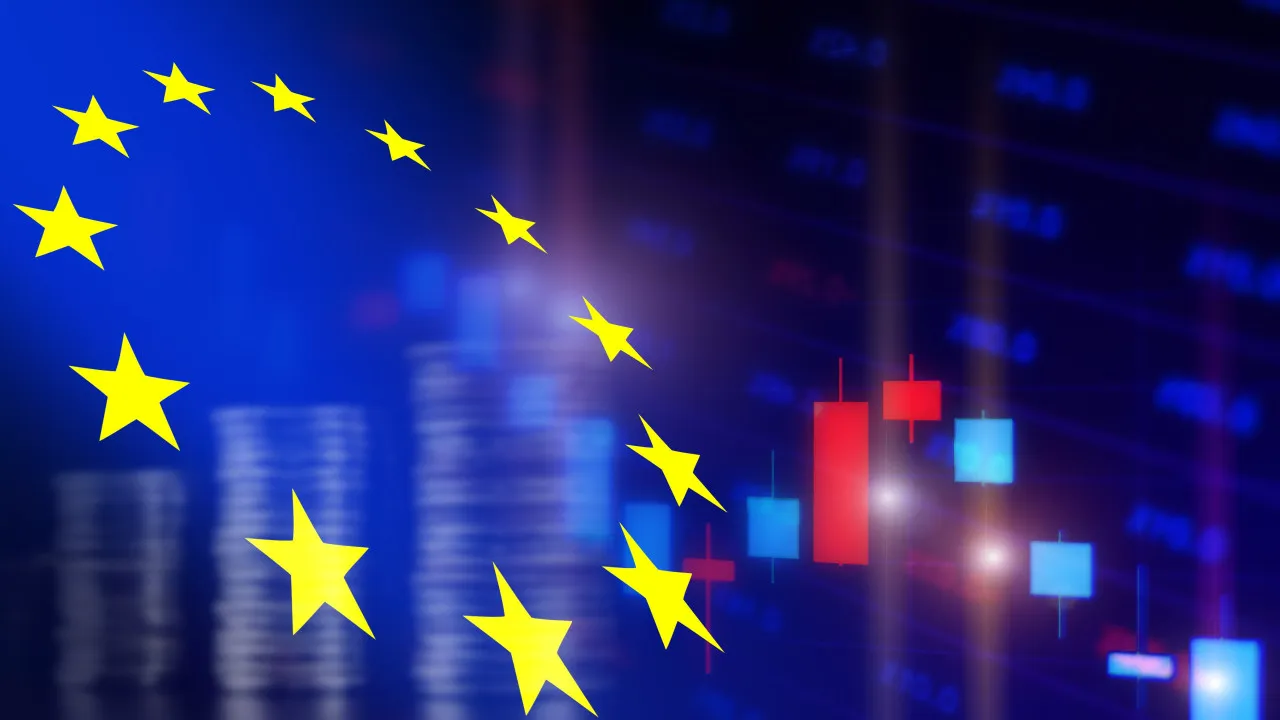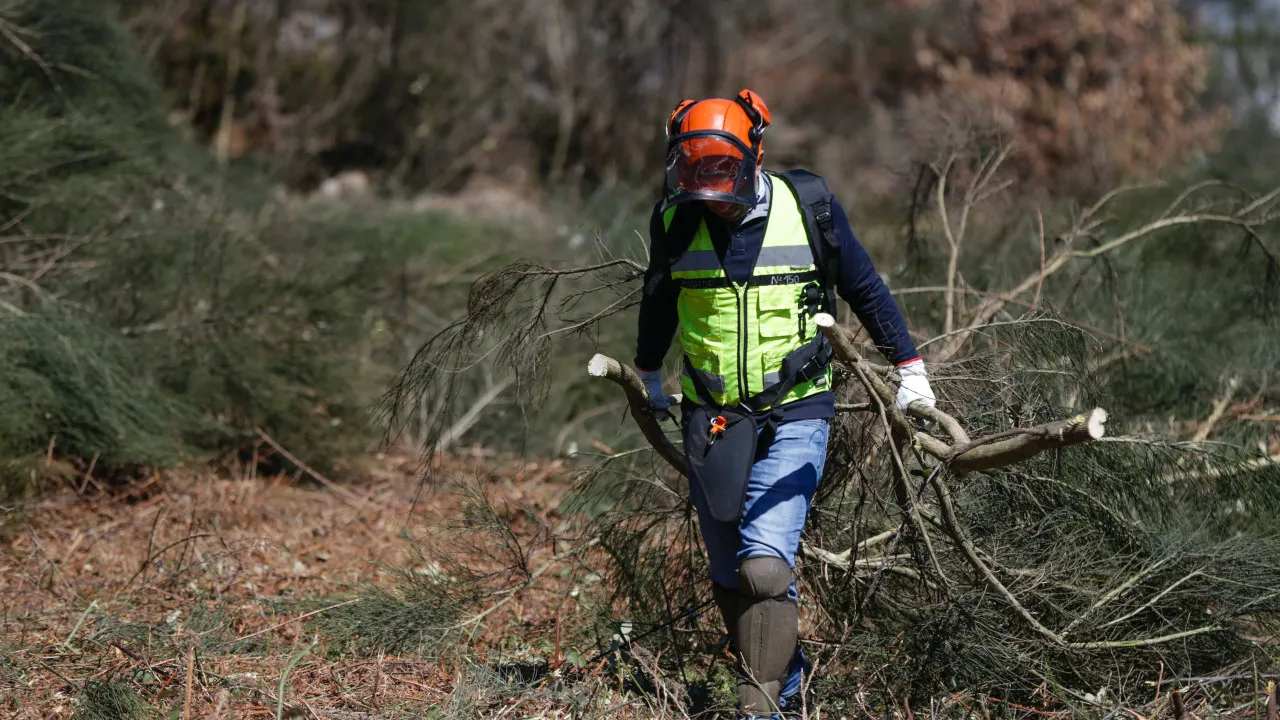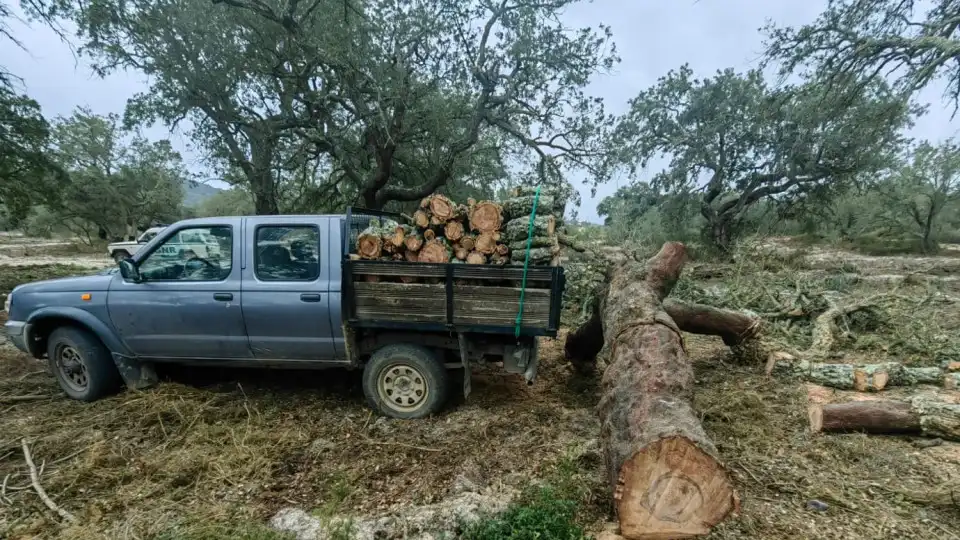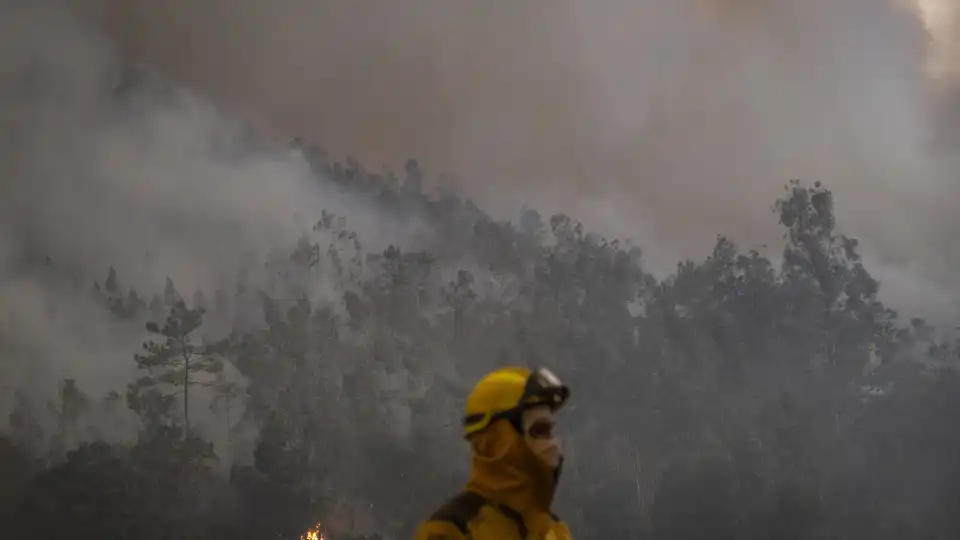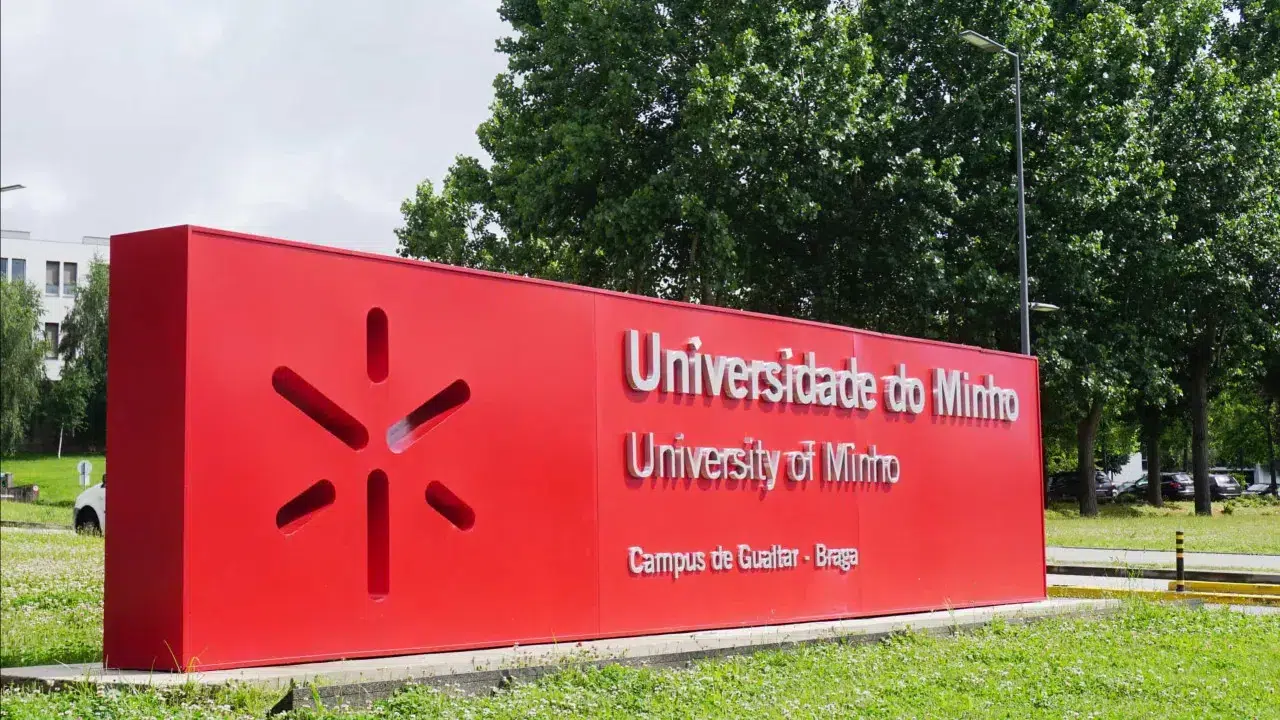The European Court of Human Rights (ECHR) is today hearing a complaint by six young Portuguese against 32 countries, an unprecedented case linked to the environment that could change Europe’s future in the fight against the climate crisis.
If the ECtHR accepts the young people’s complaint, it could create case law forcing European states to take more measures to prevent global warming.
The six young people, aged between 11 and 24 (André, Catarina, Cláudia, Mariana, Martim and Sofia) argue that the 32 countries, including Portugal, are not taking the necessary measures to ensure that global warming does not exceed 1.5 degrees Celsius compared to pre-industrial times, one of the objectives of the 2015 Paris Climate Agreement.
The young people point out that climate change is causing very strong storms in winter and that in summer the rise in temperature causes more fires.
They say they suffer from anxiety caused by natural disasters and the prospect of such a future, and say that countries are not complying with the “right to life” and “right to respect for private and family life” articles of the Human Rights Convention.
The case was filed in 2020. If the ECtHR accepts it, countries could be legally obliged to take measures that are not politically foreseen to reduce greenhouse gas emissions.
According to research by the international organization “Save the Children”, a child born in 2020 will suffer, on average, almost seven times more heat waves during their lifetime than their grandparents’ generation.
Children’s rights must be protected immediately, given the systemic threat posed by climate change and its serious impact on all children, the organization said in a statement.
Resorting to the courts over countries’ inaction on climate change is becoming increasingly common, according to a recent UN report, according to which last December there were 2,180 climate-related cases filed in 65 entities, including international, regional and national courts, and others such as arbitration tribunals. In 2017 there were 884 cases and in 2020 1,550. Cases have more than doubled in five years.
Children and young people, women’s groups, local communities and indigenous peoples are some of the proponents. Actions against companies are also emerging, the report says.

